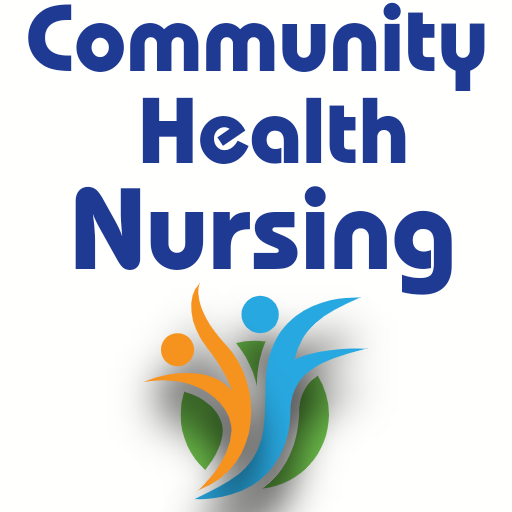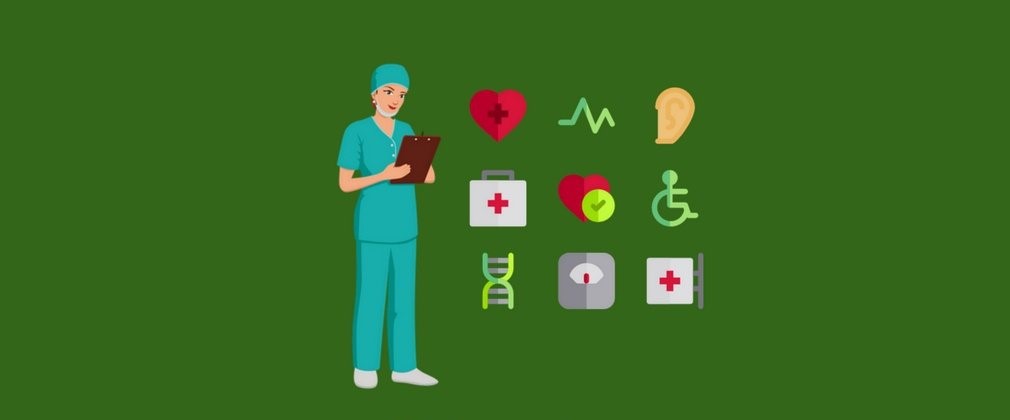Search results: 7
- Teacher: Giles DUMANGENG
- Enrolled students: 15
Category: School of Health and Natural Sciences
- Teacher: Jake Fabian
- Teacher: Emelito GOnzales
- Teacher: Jacqui marcos
- Enrolled students: 49
Category: School of Health and Natural Sciences
- Teacher: ROSALIE NAVOA
- Enrolled students: 1
DESKRIPSIYON NG KURSO
Ang kurso ay pagtalakay at mga pagsasanay sa paggamit ng estratehiyang pampagtuturo na makatutulong sa pagpapaunlad ng mapanuri at malikhaing pag-iisip, sa pag-aaral ng mga pangunahing akda sa mga rehiyonal na wika. Pokus nito ang paggamit ng unang wika, Filipino, at Ingles na makatutulong sa pagtuturo at pagkatuto sa mga orihinal o salin sa Filipino na mga tekstong may pagpapahalagang kultural. Sa huling bahagi ay inaasahan ang pagpapamalas ng kaalaman sa pananaliksik sa mga orihinal na akda sa bawat rehiyon.
- Teacher: RODELIO GAUUAN
- Enrolled students: 1
Rationale: This course deals with the basic pharmacokinetic, pharmacodynamic, and pharmacotherapeutic principles about drugs acting in the cardiovascular, renal, hematologic, and endocrine systems, and agents that target invaders and neoplasms. It also deals with basic concepts and skills on using animal models in testing for pharmacologic activity of a substance.
Focus: This course deals with the ADME and molecular mechanisms of action of drugs that affect the cardiovascular, renal, hematologic and endocrine systems, microorganisms, parasites and neoplasms; their established clinical applications in the management of relevant diseases, and their toxic effects. It also deals with the basic concepts and skills on proper handling and correct methods of administering drugs to animal models in the determination of pharmacologic activity of a substance.
Outcomes: At the end of the course, the students are expected to demonstrate familiarity and knowledge on the applications of drugs, based on their pharmacokinetic, pharmacodynamic and pharmacotherapeutic properties, in the management of diseases affecting the cardiovascular, renal, hematologic, and endocrine systems, of diseases caused by microorganisms and parasites, and during malignancies. Students are also expected to be knowledgeable on how to properly conduct experimentation using animal models.
Focus: This course deals with the ADME and molecular mechanisms of action of drugs that affect the cardiovascular, renal, hematologic and endocrine systems, microorganisms, parasites and neoplasms; their established clinical applications in the management of relevant diseases, and their toxic effects. It also deals with the basic concepts and skills on proper handling and correct methods of administering drugs to animal models in the determination of pharmacologic activity of a substance.
Outcomes: At the end of the course, the students are expected to demonstrate familiarity and knowledge on the applications of drugs, based on their pharmacokinetic, pharmacodynamic and pharmacotherapeutic properties, in the management of diseases affecting the cardiovascular, renal, hematologic, and endocrine systems, of diseases caused by microorganisms and parasites, and during malignancies. Students are also expected to be knowledgeable on how to properly conduct experimentation using animal models.
- Enrolled students: 32
Category: School of Health and Natural Sciences
- Enrolled students: No students enrolled in this course yet
Category: School of Graduate Studies




